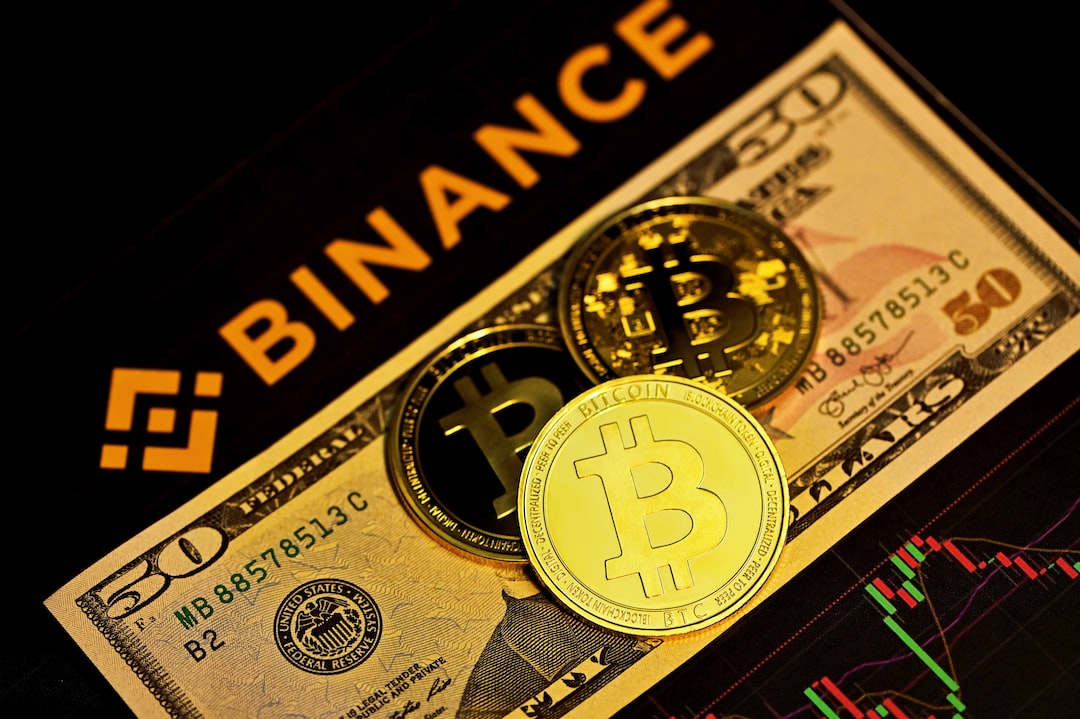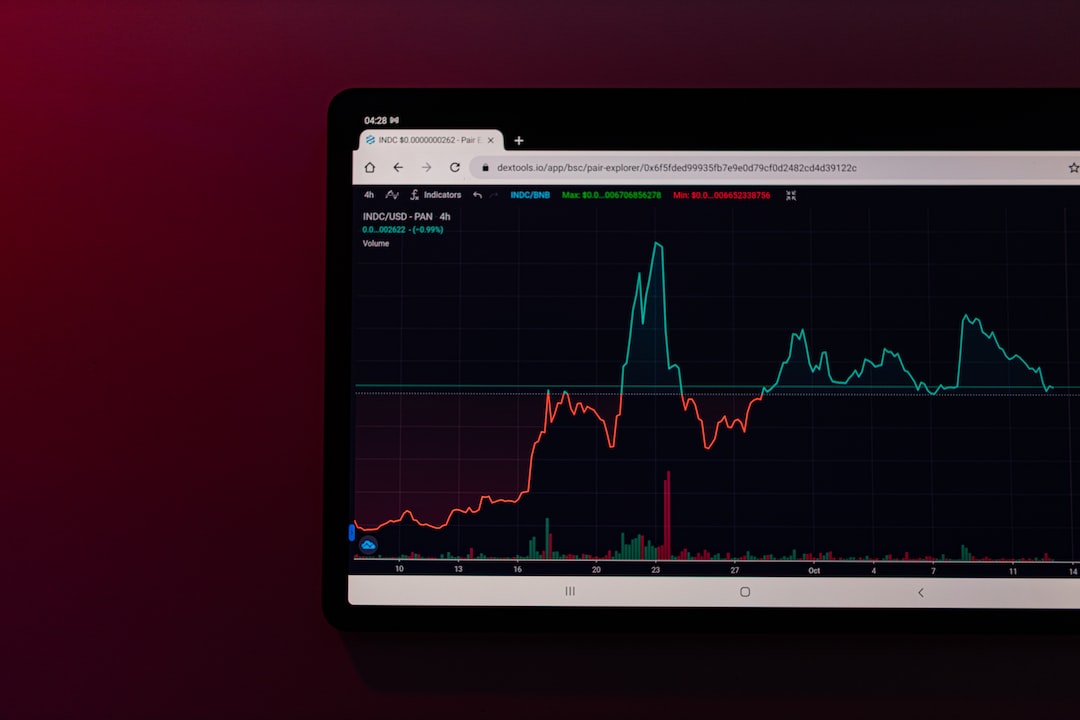The US Federal Reserve Accuses Bitcoin Magazine of Unauthorized Infringement
The US Federal Reserve (Fed) has filed a legal complaint against Bitcoin Magazine, claiming that the publication’s parody merchandise violates its image and trademarks. The dispute centers around the use of the FedNow Service image and trademark in merchandise sold by Bitcoin Magazine. The publication aims to criticize the surveillance capabilities of the FedNow system and its potential impact on civil liberties.
Bitcoin Magazine has responded with an open letter, asserting its First Amendment rights and refusing to comply with the cease-and-desist request. The publication argues that its parody merchandise falls under protected speech, serving as social commentary on the surveillance aspects associated with the FedNow system.
The First Amendment Battle
Bitcoin Magazine believes that its readers would not associate it with the Federal Reserve and that no confusion or deception is intended. The legal dispute highlights the clash between intellectual property rights and freedom of speech. Bitcoin Magazine emphasizes the importance of open dialogue and defending its First Amendment rights to criticize and parody the FedNow system.
The outcome of this legal battle will have implications for protected speech boundaries and the ability to critique public institutions.
Hot Take: Legal Battle Between US Federal Reserve and Bitcoin Magazine
The legal battle between the US Federal Reserve and Bitcoin Magazine over parody merchandise raises important questions about intellectual property rights, freedom of speech, and protected speech boundaries. While the Fed accuses Bitcoin Magazine of unauthorized infringement, the publication asserts its First Amendment rights to criticize and parody the FedNow system.
This case will determine whether social commentary through parody falls within protected speech under the First Amendment. It also highlights the need for open dialogue and understanding between public institutions and those who wish to critique them. Ultimately, this battle will shape the future landscape for freedom of expression in relation to public institutions.
Source: Bitcoin Magazine





 By
By
 By
By

 By
By
 By
By
 By
By